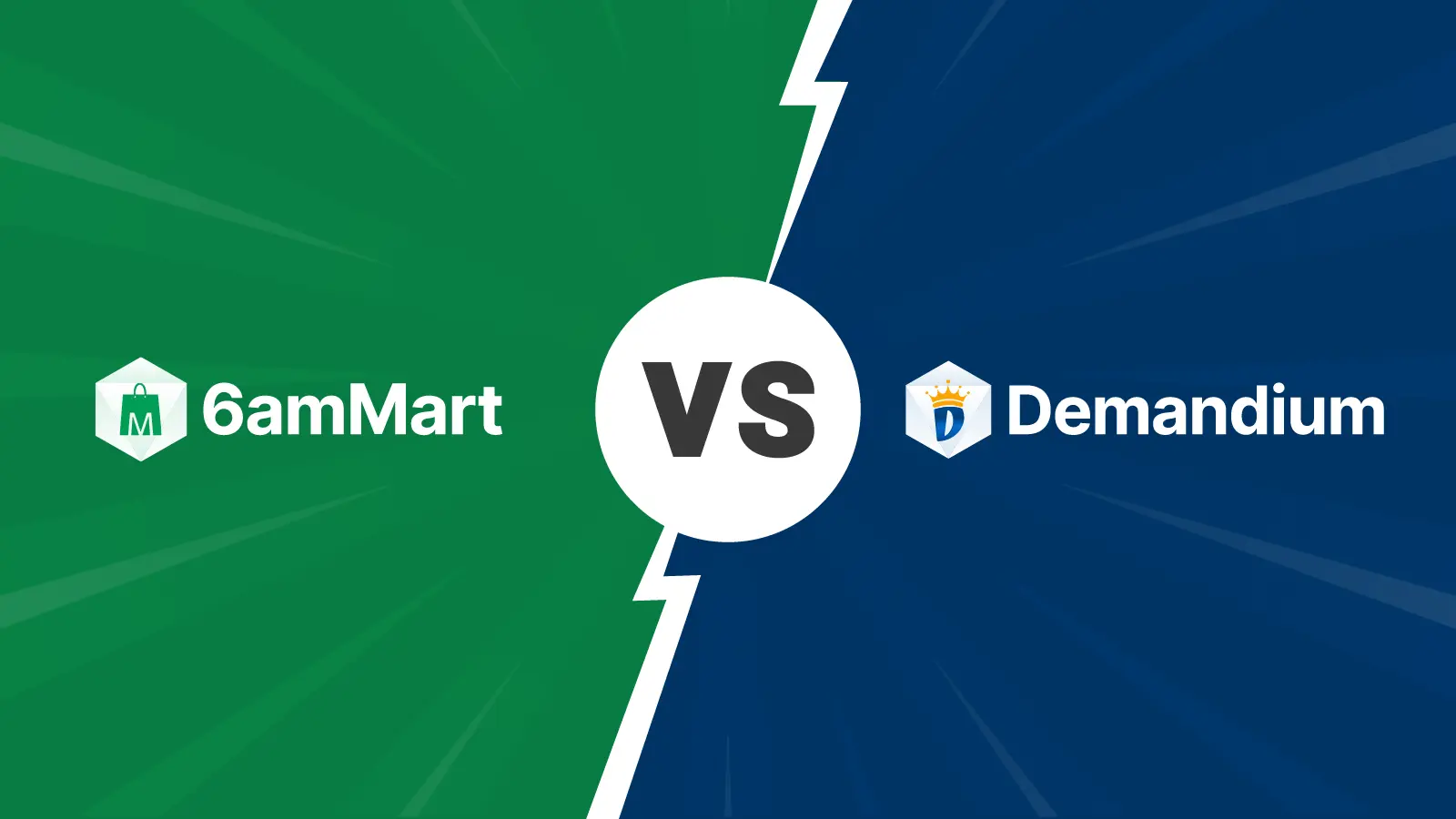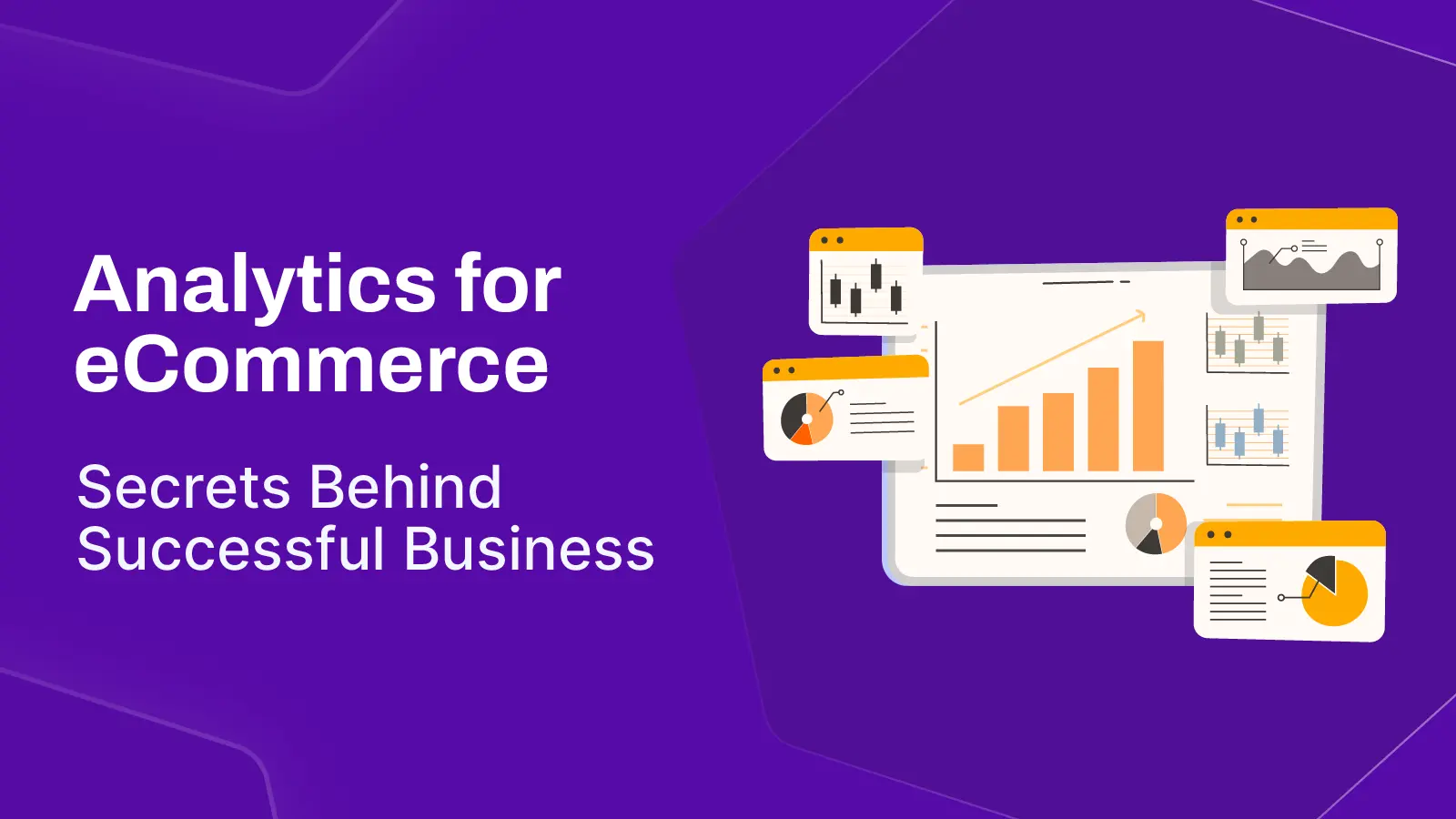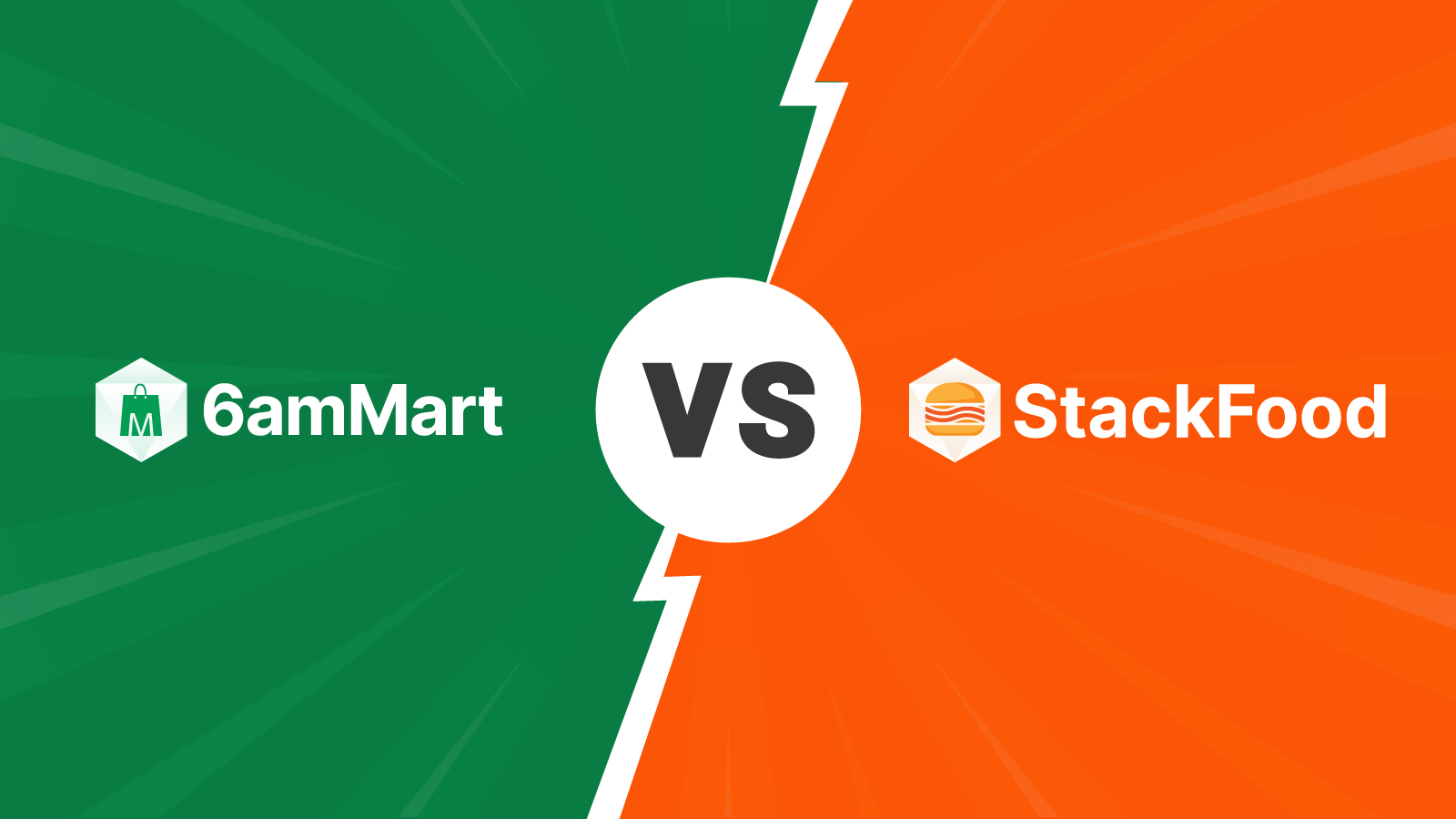Purchasing code on CodeCanyon can be confusing, especially if you’re new to the platform.
One of the most crucial decisions you’ll have to make is choosing the right license for your needs. Should you go for a regular license or an extended license? What’s the difference between them? How do you determine which is right for you?
In this blog post, we’ll guide you through the differences between regular and extended licenses on CodeCanyon. We’ll explain each license’s specific terms and limitations, so you can make an informed decision that aligns with your project’s requirements.
Whether you’re a beginner or a seasoned user, our comprehensive guide will provide the insights you need to select the right license for your project on CodeCanyon.
What is a CodeCanyon License?
CodeCanyon is an Envato Marketplace that sells plugins, scripts, and other tools to help developers and business owners to develop their websites and apps. When you buy a product on CodeCanyon, you also get a license that describes the product’s conditions of use and limits.
On CodeCanyon, two types of licenses are available: regular and extended. Each license’s terms and conditions may differ depending on the product and the author.
Before purchasing a product on CodeCanyon, carefully study the license terms to confirm that it is appropriate for your intended use. Violations of the license terms may result in legal sanctions and reputational harm. By picking a suitable license, you can confidently utilize CodeCanyon products to build your digital projects.
What is a Regular License on CodeCanyon?
A Regular License on CodeCanyon is a standard license that allows you to use a product for a single project or domain. This means that if you purchase a product with a Regular License, you can use it for one website, app, or software project.
The Regular License typically includes basic features and functionalities of the product but may not include access to advanced features or support services. It’s important to review the specific terms and conditions of the Regular License for each product you are interested in, as they can vary depending on the author and product.
It’s important to note that the Regular License does not grant you the right to distribute or resell. If you want to use a product for multiple projects or domains, or if you want to include it as part of a larger software product that you plan to sell, you will need to purchase an Extended License.
What is an Extended License on CodeCanyon?
An Extended License on CodeCanyon is a more comprehensive license that gives you the right to sell the product to the end user.
In addition to the basic features and functionalities of the product, the Extended License typically includes access to advanced features and support services, which can help you to customize the product to meet your specific needs.
It’s important to note that the Extended License also comes with additional terms and conditions, which can vary depending on the author and product. For example, some Extended Licenses may limit the number of projects or domains you can use the product for or may require additional fees for certain types of usage.
Regular vs Extended License: What’s The Difference?
There are different types of licenses available on CodeCanyon. You can find a clear differentiation table on CodeCanyon’s Standard License page.
After our extensive research and deep understanding of these licenses’ terms & conditions and clauses, we’ve found two key differences-
| Topic | Regular License | Extended License |
| End Product Sell | If a single-End Product is free for end users to use, then a regular license is okay. | If a single End Product is sold to another entity, you need an extended license. |
| End Product Using Fee | The end user is not charged any fee for using the End Product, such as a subscription fee. | The end user can be charged to use the End Product, such as a subscription fee. |
Regular License or Extended License: Which is best for you?
Now this question depends on your client. If you’re a developer and your client asks for an End Product that they can sell to their end users, you will need the extended license. If not, a regular license is fine.
You can customize or modify your purchased items with any license. But if the item is part of a product that is for sale, or the end user needs to pay to access the End Product, you need the Extended License.
Which License Do You Need to Purchase 6amTech’s Products at CodeCanyon?
Following CodeCanyon’s license policy, 6amTech provides the exact same perks. If you purchase their extended license, you get some extra benefits and necessary technical support. For example, if you purchase 6Valley, you will get additional benefits from them as discussed below-
| Regular License | Extended License |
| ✔️Lifetime License Validity | ✔️Lifetime License Validity |
| ✔️ Permitted for 1 Domain | ✔️ Permitted for 1 Domain |
| ✔️ 6 months of general and technical support (As per Envato support policy) | ✔️ 6 months of general and technical support (As per Envato support policy) |
| ✔️All Premium Features | ✔️All Premium Features |
| ✔️ Lifetime FREE Update | ✔️ Lifetime FREE Update |
| ✔️ For Personal Project | ✔️ For Personal Project |
| ❌For Commercial Projects [if the end product is paid for using or sell] | ✔️For Commercial Projects [if the end product is paid for using or sell] |
| ❌ Postman Collection for REST API Documentation | ✔️ Postman Collection for REST API Documentation |
| ❌Admin Panel FREE Installation in cPanel | ✔️Admin Panel FREE Installation in cPanel [One Time] |
| ❌ Priority Support | ✔️ Priority Support |
Top Factors to Consider When Purchasing a CodeCanyon License
The following crucial factors apply to both licenses: Regular or Extended. If you don’t follow CodeCanyon’s License Policy, you might get banned or be unable to experience your purchased item to the fullest. So read carefully.
- One license is for one domain only. If you want to use multiple domains, you must purchase multiple licenses whether it’s a regular or extended license.
- Regardless of your license type, you can always charge your clients for code customization services.
- If you’re a freelancer or agency who’s using a script or code for a single End Product for a single client, you can transfer the license to your client during project delivery.
- You MUST delete the CodeCanyon item from your systems after you hand over the license to your client.
Final Remarks
As we’ve reached the bottom of this blog, we believe that now you have a fair idea about CodeCanyon’s Regular & Extended License.
The main gist of the entire blog is both regular and extended license is fine to choose from. But for this, you need to specify your goal. If your goal is to let end users use the End Product, then a regular license is all you need. But if you want to sell your End Product, you will need an extended license.
That’s all for today. You can subscribe to our newsletter or follow us on social media to know all about our latest blog updates.
Ciao!
















